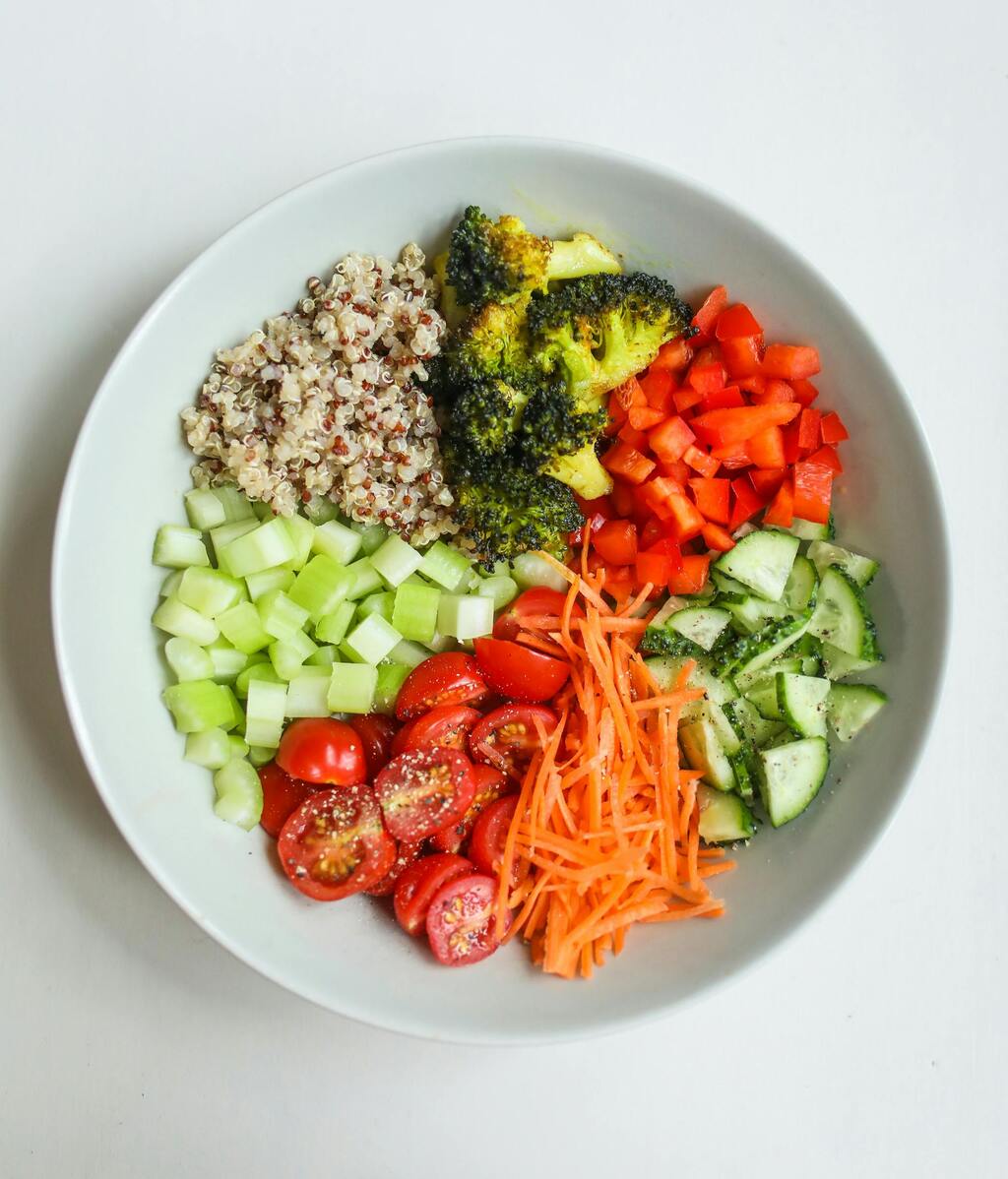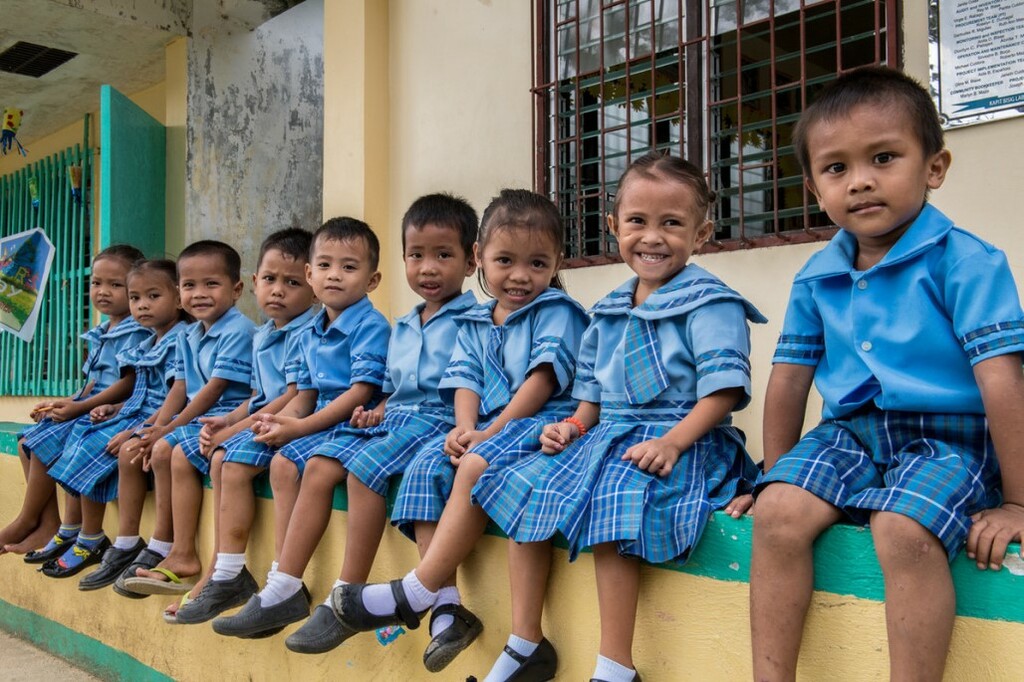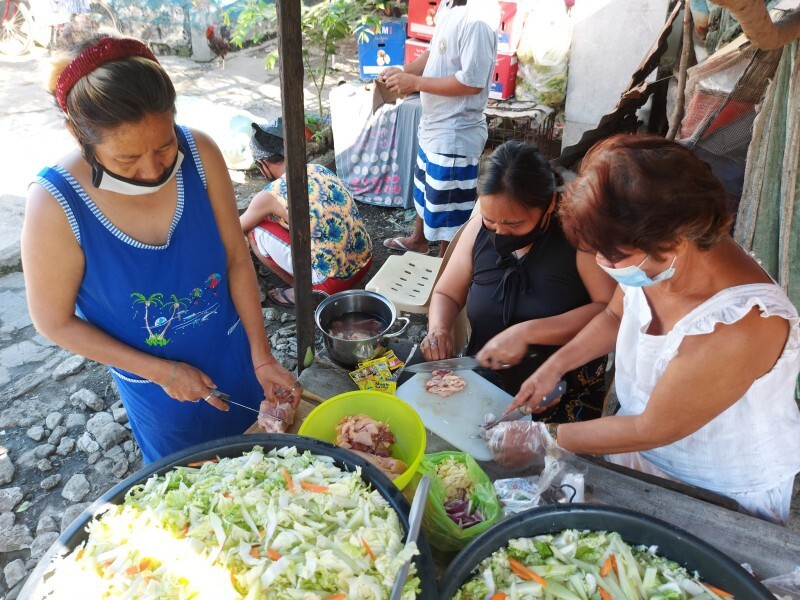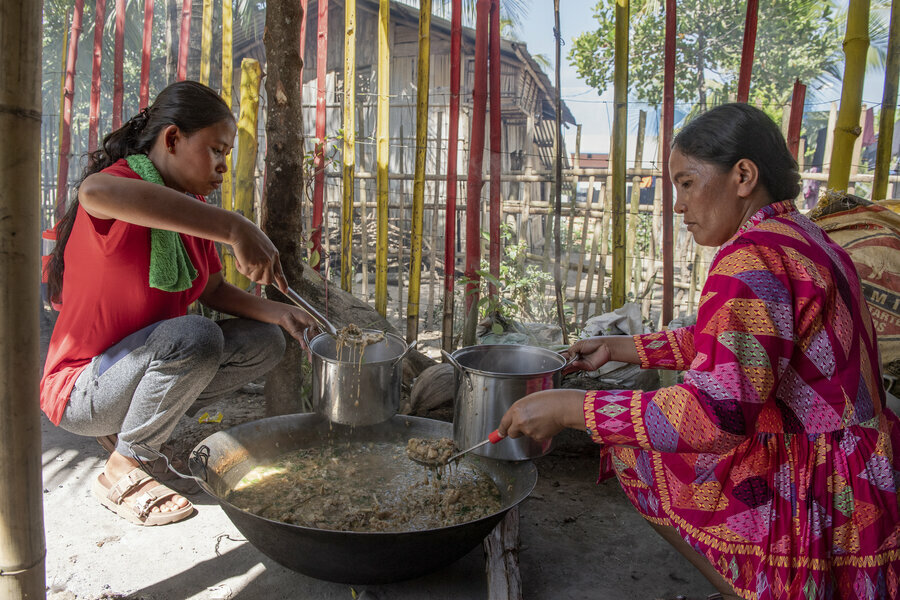In Mindanao, many of our children face a silent struggle: the pervasive challenge of malnutrition. This not only impacts their immediate health but also casts a long shadow over their ability to learn, thrive, and ultimately break the cycle of poverty. At RICE, we believe that every child deserves the chance to reach their full potential. Our team in Mindanao works with local community partners on an initiative designed to directly address this critical need, transforming lives one nutritious meal at a time, using the very bounty of our land.
Hunger's Hidden Cost in Education
In many rural villages across Mindanao, daily life is a testament to resilience, yet a lack of consistent access to nutritious food remains a significant hurdle, particularly for children. Undernourishment, often manifesting as stunting or wasting, weakens their immune systems, makes them susceptible to illness, and critically impairs their cognitive development. Hungry children struggle to concentrate in school, leading to poor attendance, low academic performance, and ultimately, a higher likelihood of dropping out. This creates a vicious cycle where poverty perpetuates malnutrition, and malnutrition reinforces poverty, especially for the next generation.

The RICE initiative in Mindanao is far more than just a meal service; it's a holistic program meticulously designed to combat child malnutrition and significantly boost school attendance by leveraging the inherent strengths and resources of the local communities themselves. Our core strategy revolves around providing daily, nutritious meals directly at local schools. These meals aren't just any meals; they are thoughtfully prepared using ingredients that are cheap, readily available, and culturally appropriate, sourced directly from the surrounding communities. This approach ensures sustainability, promotes local economies, and guarantees that the food resonates with the children's palates, encouraging consistent consumption. It's about empowering communities to nourish their own, creating a powerful link between local produce, children's health, and their educational journey.

Local Sourcing: We partner with local farmers and mothers to source fresh produce like malunggay (moringa), various green leafy vegetables, squash, sweet potatoes, and local fish, which are highly nutritious and economical. Ingredients like corn, cassava, and locally grown rice form the foundation. Simple yet highly nourishing dishes like "Fish and Malunggay Soup" or vegetable stews with local legumes are central to our menu.
Cost-Effectiveness: By focusing on seasonal, indigenous ingredients and minimizing transport costs, we maximize the nutritional impact for every peso spent. This approach demonstrates to the community how healthy eating can be achieved without significant financial burden.
Community Kitchens: Meals are prepared in clean, community-run kitchens by mothers and local volunteers. This not only ensures freshness but also provides a sense of ownership and contributes to the local economy.


A bowl of Malunggay Soup
a healthy and popular soup dish, made primarily with the leaves of the malunggay tree (Moringa oleifera), also known as "Moringa" or "Drumstick tree." Often called the "poor man's vegetable" due to its affordability and widespread availability, malunggay has gained recognition as a superfood due to its incredible nutritional benefits, being packed with vitamins, minerals, and antioxidants.
A Daily Incentive: The promise of a warm, delicious, and nutritious meal provides a powerful incentive for children to attend school regularly. For many, this might be the most substantial meal they receive all day.
Improved Concentration: Well-fed children are more energetic, attentive, and ready to learn, leading to better classroom participation and academic performance. This positive feedback loop encourages continued attendance.
Hands-On Nutrition Education: "Learning Through Lunch": Beyond just providing meals, our program integrates practical nutrition education directly into the school day. Children learn about the different food groups present in their meals, the benefits of each ingredient, and how they contribute to their growth and health.
Empowering Future Generations: We teach children and, through them, their families, how to plan balanced meals using readily available and affordable local produce. Lessons cover basic food hygiene, the importance of consuming diverse vegetables, and simple preparation techniques that preserve nutrients. This empowers them with lifelong knowledge to make healthy choices for themselves and their future families, breaking the cycle of nutritional ignorance.
Community Workshops: Regular workshops are also conducted for parents and caregivers, reinforcing the lessons learned in school and providing practical demonstrations on preparing nutritious and affordable dishes at home.
